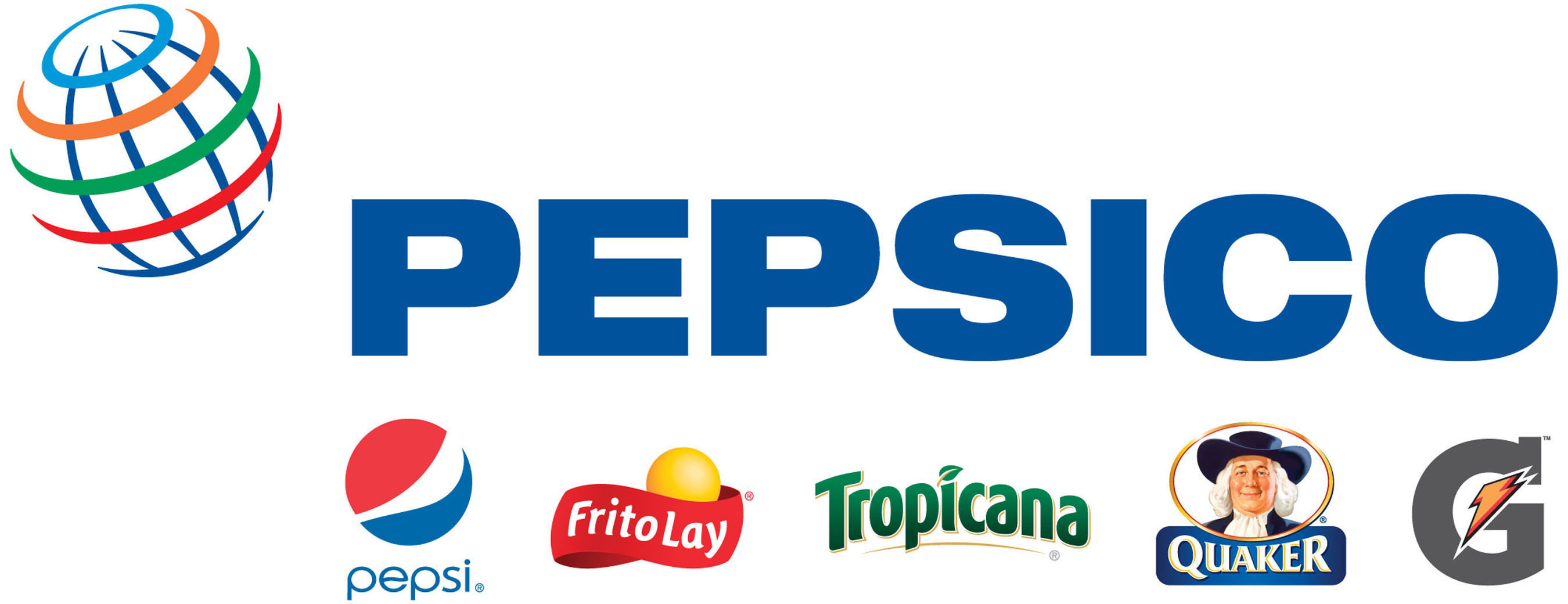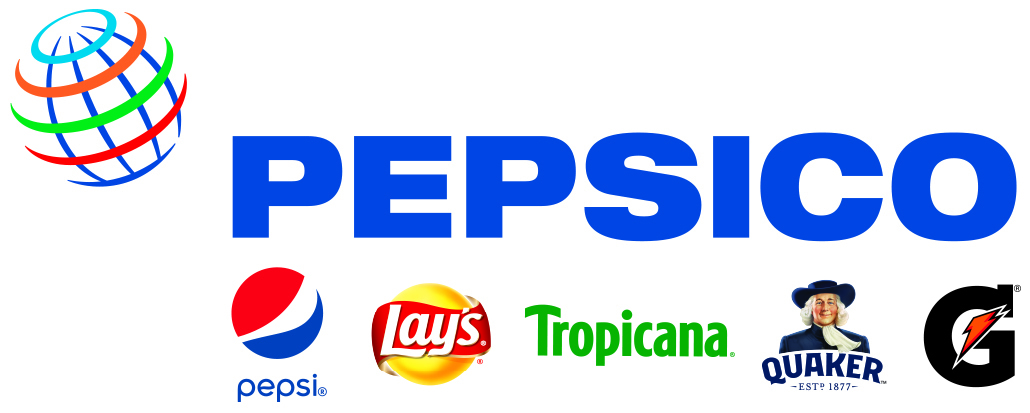PepsiCo launched its ambitious new target for greenhouse gas (GHG) emission reduction in line with what climate science says is necessary to keep global warming below two degrees Celsius. The global food and beverage company has committed to work to reduce absolute GHG emissions across its value chain by at least 20% by 2030.
Set in 2016 as part its broader 2025 Agenda, the new climate goal takes into account PepsiCo’s direct operations, owned-fleet fuel use and purchased electricity, which account for approximately 7% of the company’s total carbon footprint. The goal also includes the 93% of PepsiCo’s carbon footprint that emanates from sources outside PepsiCo direct operations, such as farming, packaging, third-party transportation and consumer use of its products.
PepsiCo will work to reduce its GHG emissions by:
- Increasing energy efficiency and transitioning to renewables in its manufacturing operations where feasible;
- Working with suppliers to reduce their GHG impacts;
- Exploring less GHG-intensive packaging materials; and
- Helping direct farmers in an effort reduce GHG emissions in the field through global programs such as the PepsiCo Sustainable Farming Initiative.
PepsiCo has joined the Business Renewables Center at the Rocky Mountain Institute and signed on to the Renewable Energy Buyers Principles, which were developed by leading NGOs and set out the future purchasing expectations of large companies regarding renewable energy in the United States. These actions are informing PepsiCo’s renewable energy procurement strategy.
PepsiCo also recently joined the New Plastics Economy Initiative as a core partner, committing to collaborate to build a circular economy for plastic packaging. PepsiCo’s participation in the initiative will contribute to the company’s efforts to rethink the way that plastic packaging is made and used in order to reduce the amount that ends up as waste.
PepsiCo joins Amcor, The Coca-Cola Company, Danone, MARS, Novamont, Unilever, and Veolia as the initiative’s Core Partners.





